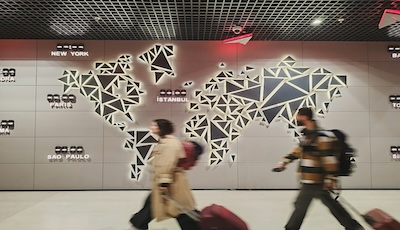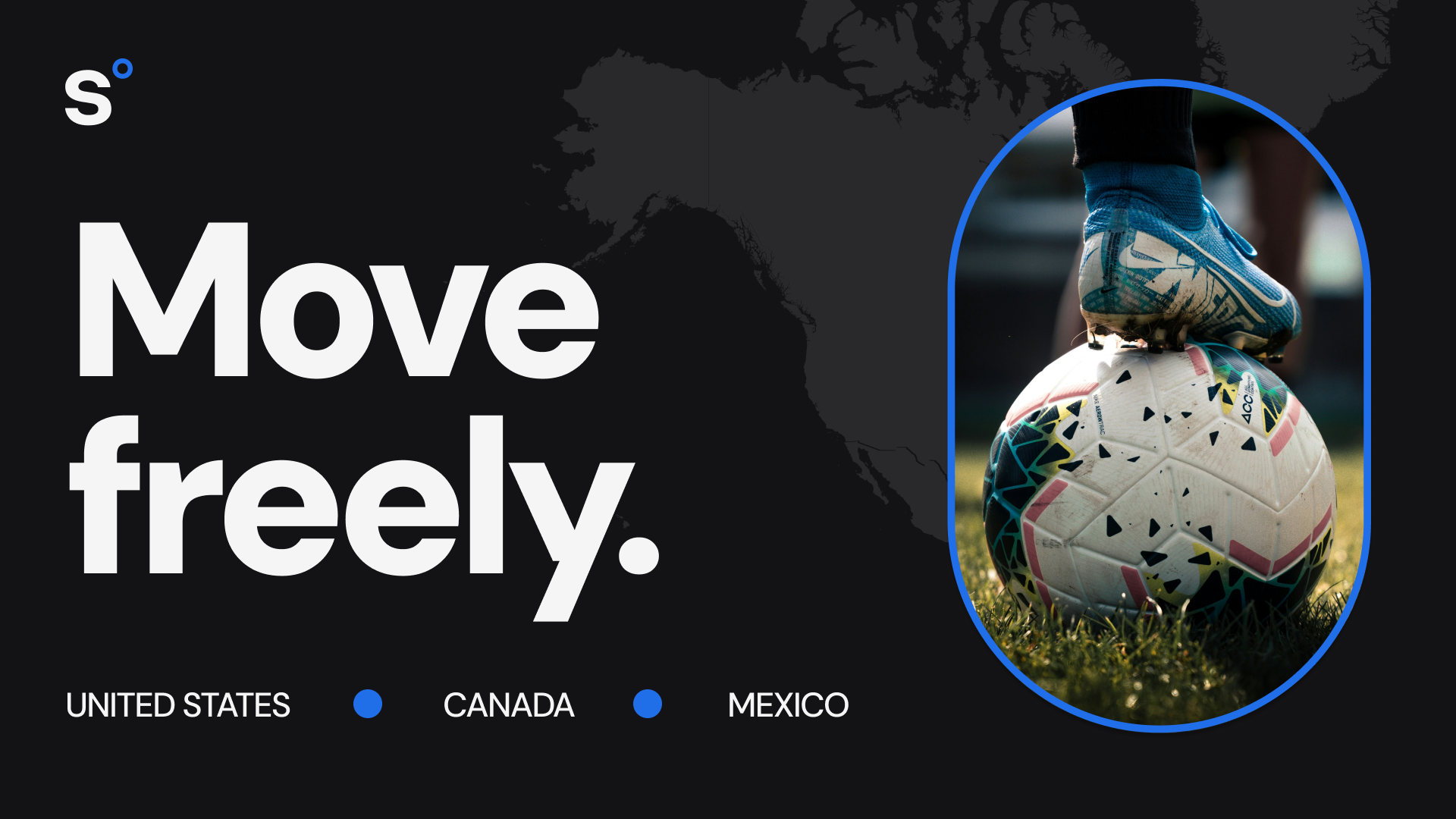How are teams able to travel and stay protected from COVID-19?
At the start of the pandemic in 2020, sporting events across the world were cancelled, moved or postponed. This year, to the enthusiasm of athletes and spectators, we've seen a healthy increase in tournaments, games and competitions. International sporting events, in particular, have been in full play. The UEFA Euro2020 soccer tournament was held from June 11 to July 11 across 11 host cities in 11 countries and Tokyo just finished hosting the Olympics Games with over 11,000 athletes representing 206 countries. As well, major league sports such as NHL, MLB, FIFA and Formula 1 have resumed games with teams travelling within and between countries. So, how have travel rules for teams and athletes changed?

Team travel in 2021 looks extremely different from previous years. Teams now have to coordinate with countries and their leagues to define the rules of travelling. From quarantining upon arrival to COVID-19 testing to social distancing to vaccination updates, team officials work tirelessly to ensure that all the team members are following protocol to mitigate the risk of COVID-19 outbreaks in their organizations.
The Olympics Games organizing committed posed extremely strict rules for travel into Japan. All athletes had to arrive ahead of the games to complete COVID-19 testing and a two week quarantine in the Olympic Village. The Village was built as a bubble environment where athletes could move around freely without worry of being exposed to COVID through spectators or workers from outside the bubble. On that line of thinking, for the first time ever, spectators were not allowed to attend any of the events.
Government policies have also had a significant impact to how teams travel. Canada has made recent provisions to allow US professional sporting teams, such as the NHL and MLB major leagues, to travel across borders to compete. This has been a positive move for teams like the Toronto Blue Jays as the baseball franchise has finally been allowed to host play in their home city of Toronto; it also enabled the Montreal Canadiens to travel to Tampa Bay, Florida for the NHL Stanley cup finals. This involved heavy amounts of COVID-19 testing; teams were also required to stay isolated outside of game day.

Other international sporting events such as Formula 1 have similar rules for travel. They have a heavy emphasis on COVID-19 testing for all personnel entering the race sites before and after travel. Those who test positive are asked to quarantine immediately; those who test negative can travel with the team but must stay isolated from the general public. Even with these provisions, decisions are based on the host country policies, for e.g. Formula 1 recently announced that the 2021 Japanese Grand Prix has been cancelled, with race organizers citing "ongoing complexities" related to the Covid-19 pandemic.*
With strict guidelines and the safety of the players at heart, sports teams and organizations all over the world have taken great strides to allow teams to travel and play safely. With the implementation of these rules, sporting events have been able to return with or without fans in the stands as determined by the host city. Watching our home teams compete for honours is not only a stress reliever but also a way to bring communities together—so we couldn't be happier to see the return of competition.
- Canoer Cameron





.png)


